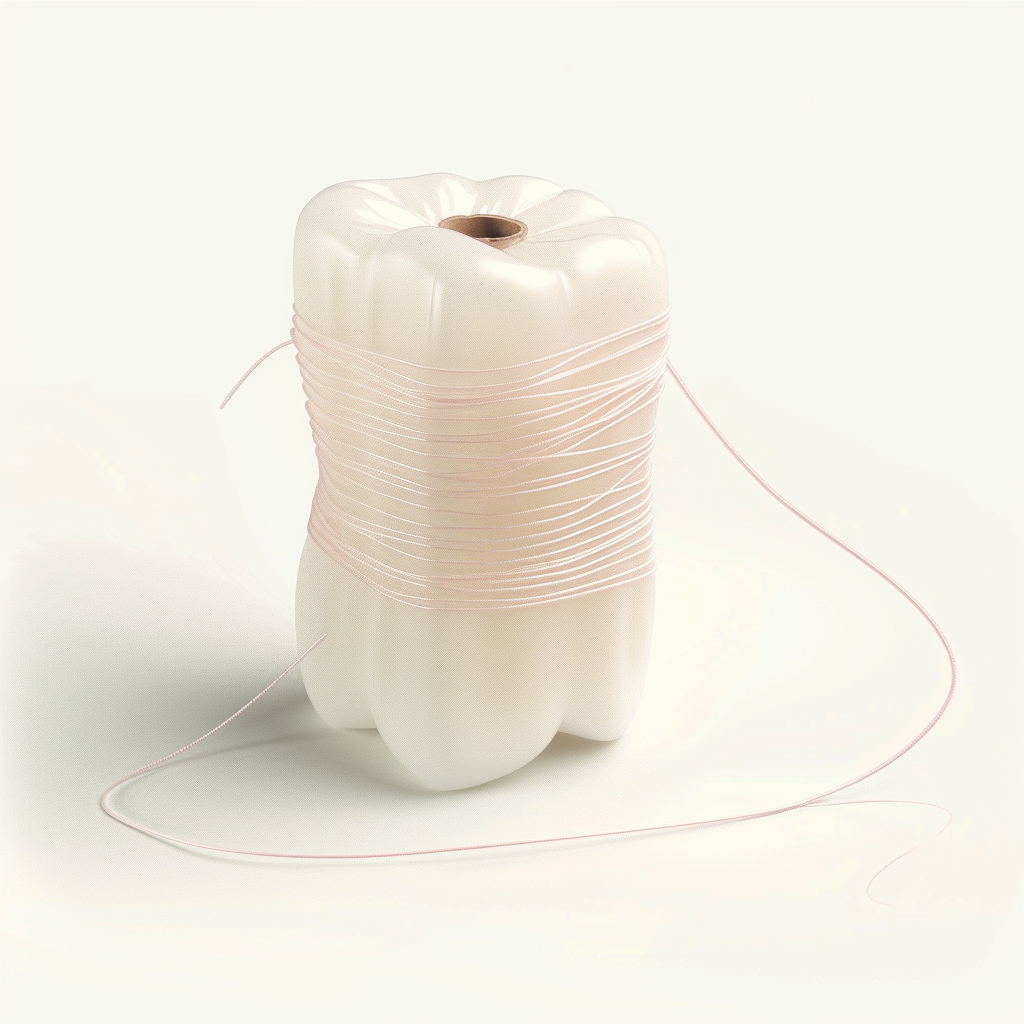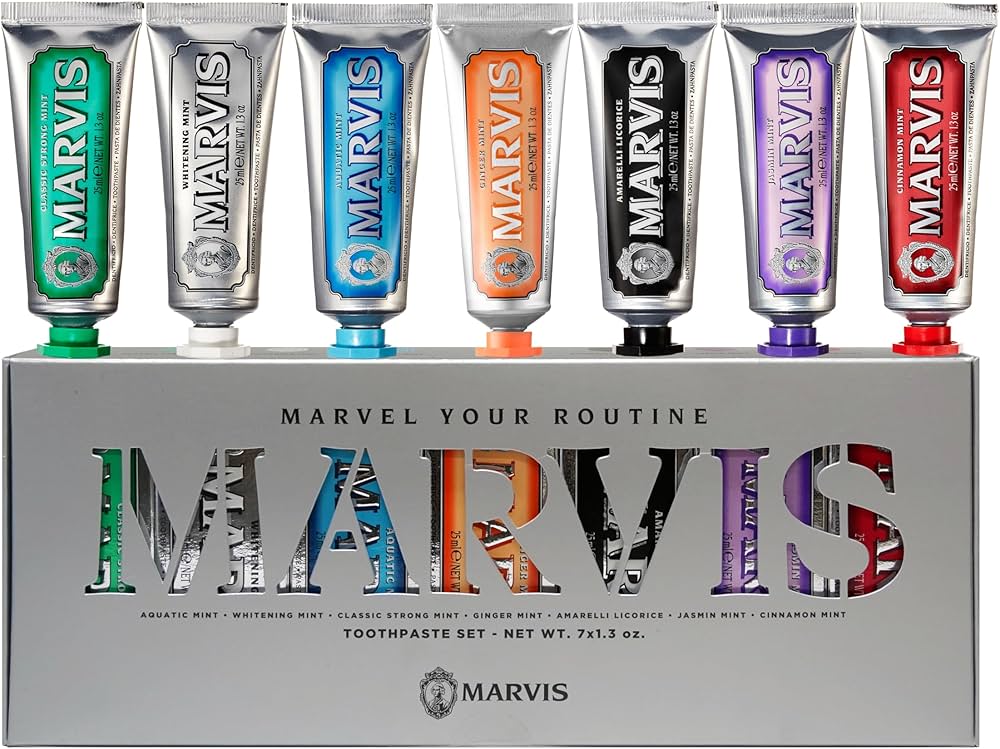Does Dental Floss Expire and How to Tell if It's Still Good
Dental hygiene is a critical component of overall health, and dental floss plays a pivotal role in maintaining clean and healthy teeth and gums. However, a common question is whether dental floss expires and how to determine if it is still effective. This article explores the shelf life of dental floss, signs of expiration, potential harm from using expired floss, proper storage methods, and the differences in shelf life between various types of dental floss.
Signs That Your Dental Floss Has Expired
Determining whether dental floss has expired
1. Fraying and Breakage
If your dental floss begins to fray or break easily during use, the material has likely degraded. Floss that is intact and strong is essential for effectively removing plaque and food particles between teeth.
2. Unpleasant Odor
An off-putting or unusual odor emanating from the dental floss is a clear sign of expiration. This can be due to the breakdown of the materials or contamination over time.
3. Changes in Texture
Dental floss that has become stiff, sticky, or brittle is no longer in optimal condition. Its texture should be smooth and flexible so it glides easily between teeth without damaging the gums.
4. Loss of Flavor
Many dental floss products have added flavors, such as mint or cinnamon. A noticeable loss or change in flavor can indicate that the floss is past its prime and potentially less effective.
5. Discoloration
A Floss that has changed color, appearing yellow or dull, suggests degradation of the materials used. This indicates that it may not be as effective as fresh floss.
How Long Does Unopened Dental Floss Last
Unopened dental floss generally has a long shelf life, often lasting several years if stored properly. The exact duration can vary based on the type and brand of floss. Here’s a general guideline:
1. Waxed vs. Unwaxed Floss
Due to the protective coating, waxed dental floss typically lasts longer than unwaxed floss. The wax helps to preserve the floss’s integrity, extending its usability.
2. Flavored Floss
Flavored floss may have a slightly shorter shelf life than unflavored variants due to the potential degradation of flavoring agents over time.
3. Specialty Floss
Floss designed for specific dental needs, such as those with added fluoride or whitening agents, might have different longevity. Always check the manufacturer’s guidelines for the best estimate.
4. Manufacturer’s Expiry Date
Most dental floss products will include a recommended use-by date on the packaging. While unopened floss can often be used safely beyond this date, it’s best to adhere to the manufacturer’s recommendation for optimal performance.
Can Using Expired Dental Floss Harm Your Teeth
Using expired dental floss can have several
1. Ineffectiveness
Expired floss may not effectively remove plaque and debris, increasing the risk of dental issues such as cavities and gum disease.
2. Bacterial Growth
Over time, dental floss can accumulate bacteria, especially if exposed to moisture. Using such floss can introduce harmful bacteria into your mouth, potentially causing infections or exacerbating existing conditions.
3. Gum Damage
Degraded floss can become rough and more likely to break or fray. This can damage delicate gum tissue, leading to irritation, bleeding, and possibly infections.
Try Lidercare Now!
We Help You Launch New Products, And Continue To Grow. Try Us With 20% Off Your First Order!
Proper Storage to Extend the Life of Dental Floss
Proper storage of dental floss is crucial to maintaining its effectiveness and extending its shelf life. Here are some tips:
1. Keep It Dry
Moisture can lead to bacterial growth and degrade the materials of the floss. Always store dental floss in a dry place, away from bathroom humidity.
2. Seal It Properly
Ensure that the floss container is securely closed after each use. This helps to protect the floss from environmental factors that can cause deterioration.
3. Avoid Extreme Temperatures
Store dental floss at room temperature, away from direct sunlight and heat sources. Extreme temperatures can affect the integrity of the floss material.
4. Clean Hands
Always handle dental floss with clean, dry hands to minimize the transfer of bacteria and contaminants.
Comparing Different Types of Dental Floss and Their Shelf Life
Different types of dental floss have varying shelf lives and characteristics. Understanding these differences can help you choose the best option for your needs.
1. Waxed Floss
Waxed floss is coated with a thin layer of wax, making it more durable and accessible for sliding and gliding between teeth. Due to the protective wax coating, this type typically has a longer shelf life.
2. Unwaxed Floss
Unwaxed floss is made of plain nylon or silk threads. It can be more prone to fraying and breaking and might not last as long as waxed variants.
3. PTFE Floss
Polytetrafluoroethylene (PTFE) floss is known for its slick texture, resistance to shredding, and high effectiveness. It generally has a long shelf life and remains stable over time.
4. Flavored Floss
Flavored floss can lose its taste over time, but the loss of flavor does not necessarily mean it is ineffective. However, consider the potential for shorter shelf life if the flavor is essential if the flavor is important.
5. Eco-Friendly Floss
Flosses made from biodegradable materials may have a shorter shelf life than synthetic options. It’s essential to check the expiration dates and storage recommendations for these types of floss.
Conclusion
Maintaining effective dental hygiene is essential; using quality dental floss is vital to this routine. While dental floss has no strict expiration date, signs of degradation such as fraying, odor, texture changes, and discoloration indicate it may be time to replace it. Proper storage can significantly extend the life of dental floss, ensuring it remains effective for maintaining oral health. By understanding the different types of dental floss and their respective shelf lives, you can make informed choices to keep your teeth and gums healthy.
Table of Contents
Awesome! Share to:
Latest Blog Posts
Check out the latest industry trends and take inspiration from our updated blogs, giving you a fresh insight to help boost your business.



